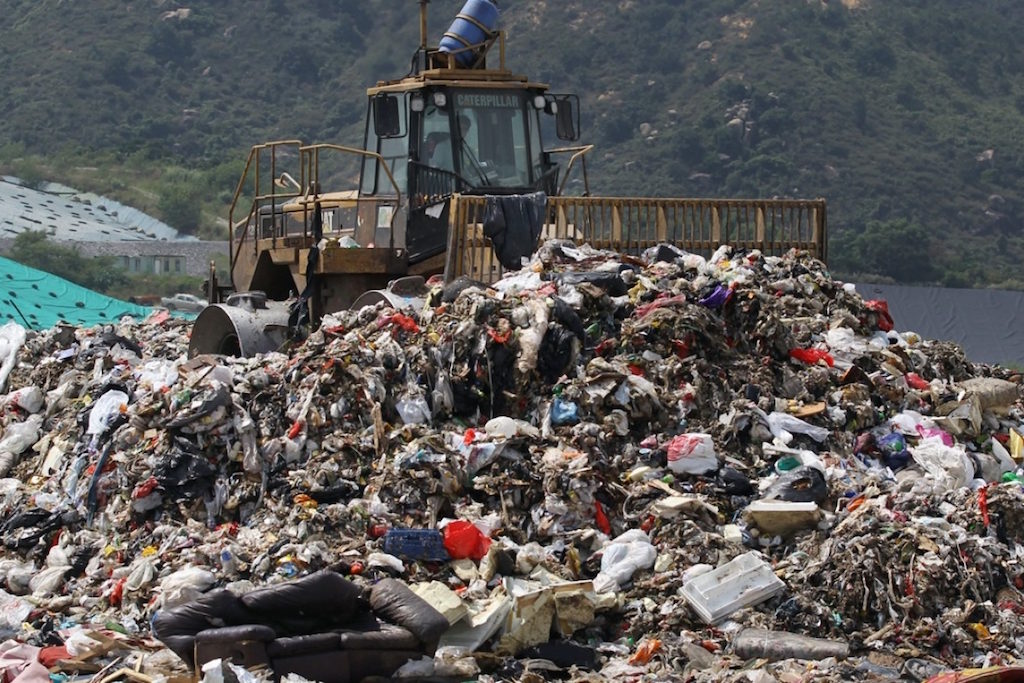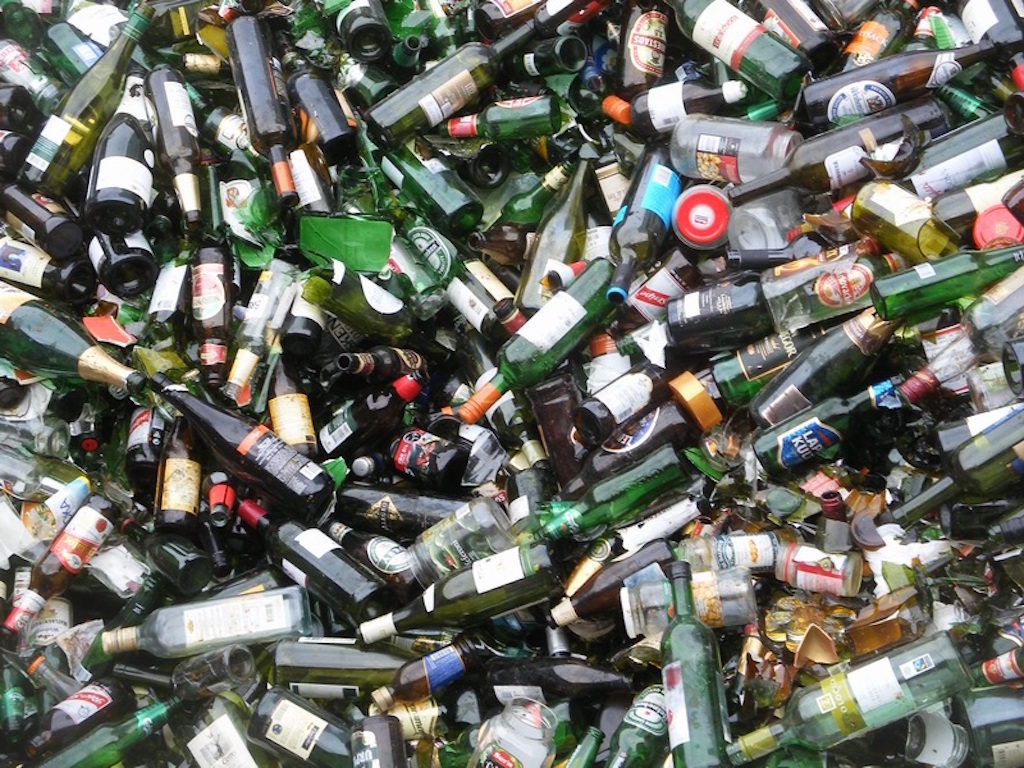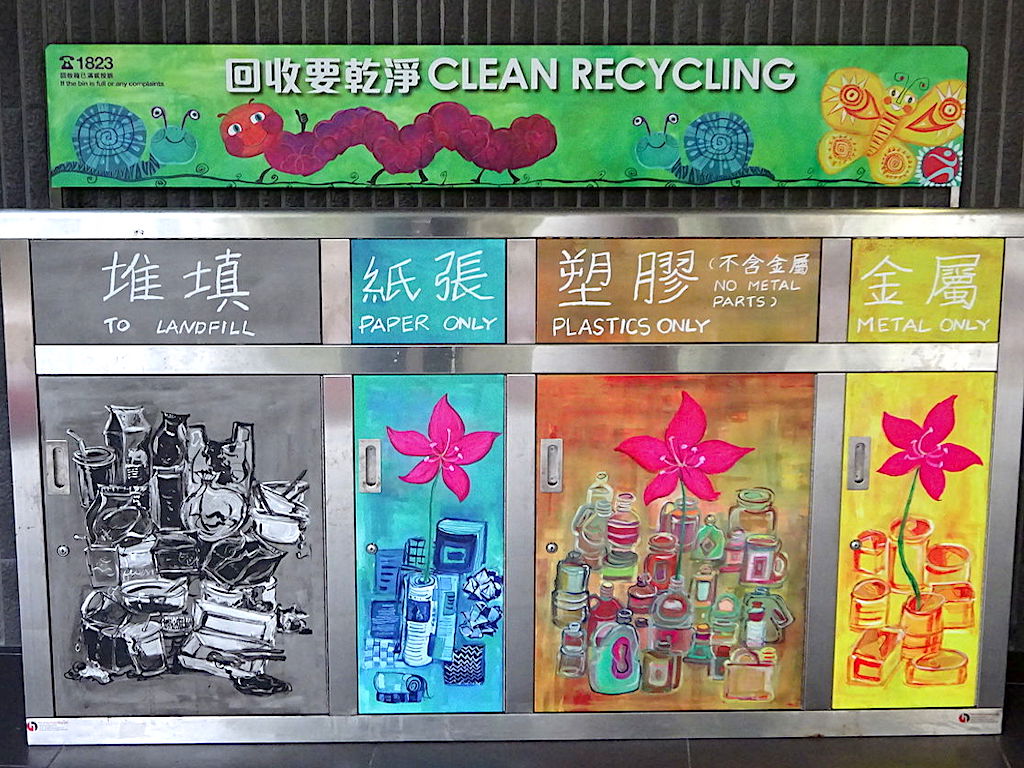3 Mins Read
As a part of the Hong Kong government’s Anti-epidemic Scheme to help the city cope with the impact of the coronavirus pandemic, a new programme will be launched to provide financial support for recyclers. An estimated HK$100 million (US$12.8 million) will be designated to recyclers with operations in Hong Kong over the next 6-month period. The goal of the scheme is to keep the recycling industry afloat as the coronavirus continues to take a toll on the much-needed environmental and conservation efforts in the city.
The Hong Kong government’s Advisory Committee on Recycling Fund announced on Monday (March 16) that a new One-off Recycling Industry Anti-epidemic Scheme will be launched to help cover the operational costs of recyclers as the city continues to battle the coronavirus epidemic.
The first cases of Covid-19 in Hong Kong was detected in January this year, and has since been declared a global pandemic. As of press time, the Covid-19 pandemic has infected over 198,000 people in 165 countries and territories, and the death toll is approaching 8,000 globally.
The scheme, which aims to help the recycling industry cope with the impact of the coronavirus, will be implemented under the Enterprise Support Programme. Up to HK$100 million (US$12.8 million) will be set aside for the recycling fund to subsidise the operational costs for recyclers for 6 months, beginning from April onwards.

Each recycler’s funding limit is HK$20,000 (US$2,576) per month, making the total maximum subsidy HK$120,000 (US$15,456) over the half-year period. Recyclers with operations beginning on or before January 1 this year are eligible to apply for the scheme.
The Advisory Committee on Recycling Fund additionally announced an extension of an earlier One-off Rental Support Scheme for another 6 months until September 2020. Under this extension, the funding limit for recycling companies will be at 50% of the rental or HK$25,000 (US$3,220), whichever figure is lower.
Recycling in the city has taken a hit since last year with a significant fall in the rates of collection and recycling while waste disposal continues to rise. Despite launching several anti-waste and anti-plastic initiatives, the Hong Kong government’s measures in November further hampered the city’s low recycling efforts. Only mentioning that the move was based on “recent social circumstances,” Hong Kong’s largest waste contractor Baguio was ordered to suspend the collection of glass for recycling and withdraw their bins from streets.

Now, with the coronavirus outbreak, many recyclers – especially those run by grassroots groups and civil society organisations that have borne the brunt of recycling efforts in Hong Kong for years – have ceased operations until further notice. For now, only Community Green Stations run by the Environmental Protection Department (EPD) remains open for collecting recyclables, while many visitor and education programmes have been temporarily suspended.
As the coronavirus lingers, many Hong Kong citizens’ precautionary efforts to protect themselves by wearing a surgical face mask has also backfired on the environment. While doctors and medical experts agree that wearing a face mask can help prevent transmission, many residents have been littering, with a surplus of used masks turning up local beaches and hiking tails.
5-months into their year-long study of marine debris, Hong Kong-based environmental NGO OceansAsia found over 70 masks in their most recent visit to their beach site, demonstrating how fast waste can be washed up on local shores.
Read our earlier coverage of Covid-19 and tips on prevention here.
Lead image courtesy of Wikimedia Commons.




